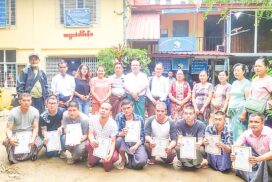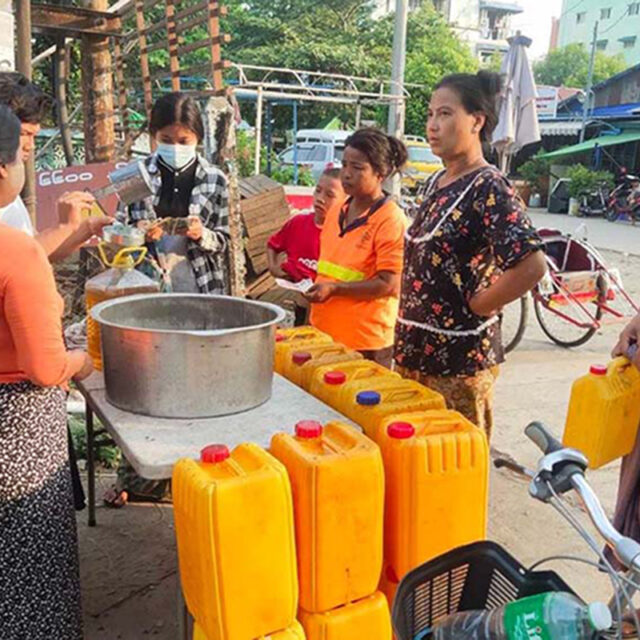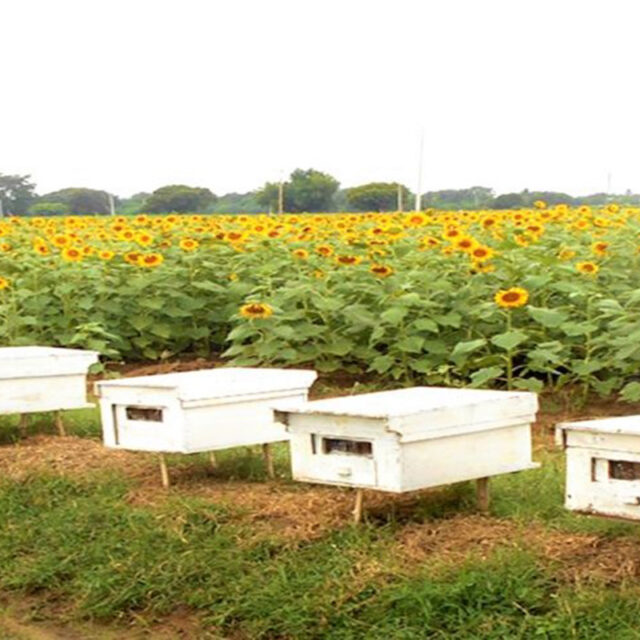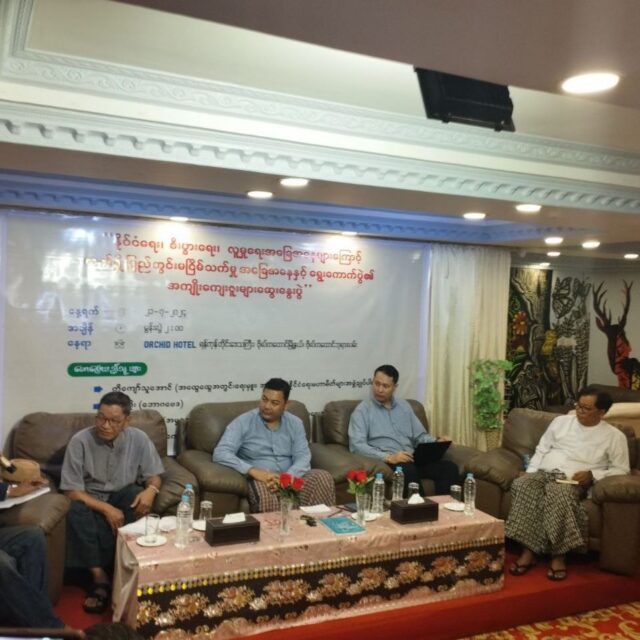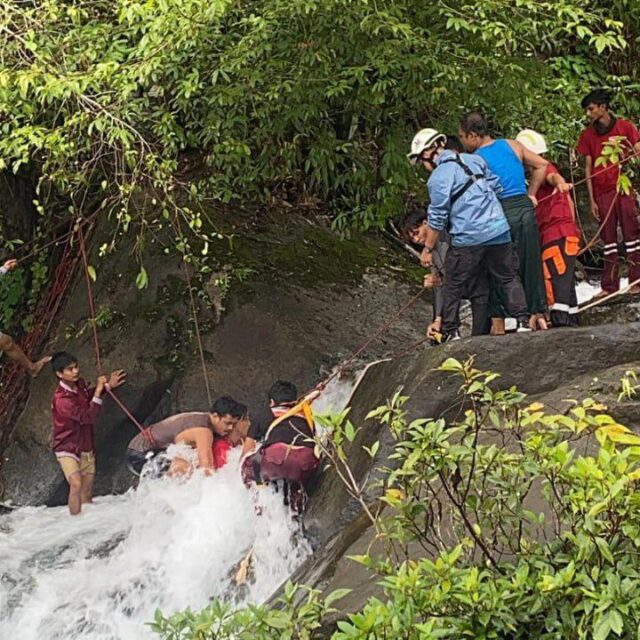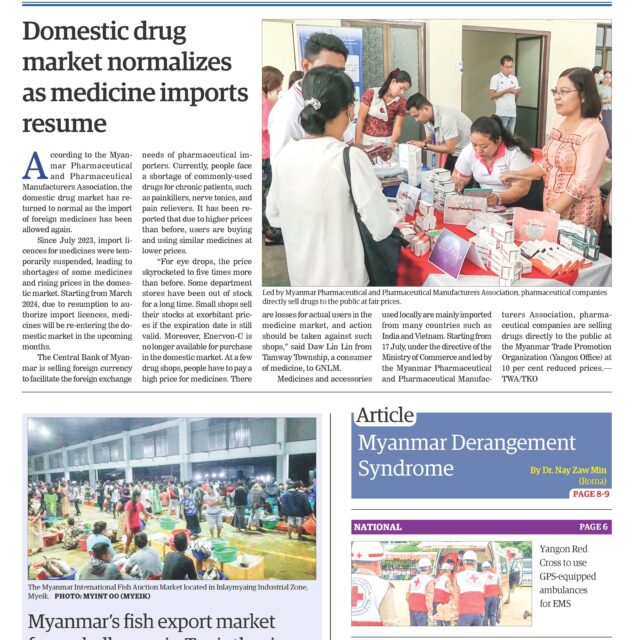Since its emergence in 2019, the COVID-19 pandemic has affected diverse societies globally, with various virus variants causing widespread illness and death. Despite these challenges, scientists and medical experts have tirelessly worked to develop effective vaccines and treatments, aiming to save lives and control the pandemic. However, the ever-evolving nature of the virus, with new variants continually emerging, poses significant challenges to these efforts.
Currently, the COVID-19 variant KP-2 is spreading rapidly, causing immune deficiencies more quickly than the previous variant JN 1. The World Health Organization (WHO) has called for the development of new vaccines to combat the JN 1 variant. However, before these vaccines could be produced, another variant, KP-1, emerged. In one neighbouring country of Myanmar, KP-1 infected 2,881 people between 9 and 15 June this year, resulting in seven deaths.
The WHO declared in May last year that COVID-19 was no longer a public health emergency. Nevertheless, the organization warned that the pandemic remains a global threat, with the virus still spreading. As of 2 June 2024, WHO statistics indicate that over 775 million people worldwide have been infected, and more than 7 million have died since the pandemic began.
Currently, some neighbouring countries are being infected by new variants of the COVID-19 virus. As such, Myanmar needs to take care of the possibility of infection of the virus. Before the emergence of vaccines for the new COVID-19 virus, existing vaccines must be provided to necessary prioritized groups in time. However, it is inevitable that, regardless of the variants of COVID-19 that emerge, humans will overcome these challenges successfully in various ways and means. On the other hand, people need to follow the dos and don’ts of the pandemic as strictly instructed by the Ministry of Health.
Looking back, the Delta variant rapidly spread across the globe in May and June 2021. Subsequently, the Omicron variant severely impacted societies in December 2021 due to its high infection rate. Research has shown that Omicron variants have continued to spread worldwide since February 2022.
To combat the ongoing threat of COVID-19, it is crucial to follow certain dos: to get vaccinated, wear masks, practice good hygiene, stay informed, maintain social distancing and don’ts: ignore symptoms, neglect quarantine rules, spread misinformation and complacency. By adhering to these guidelines and supporting ongoing scientific efforts, we can collectively work towards controlling the COVID-19 pandemic and mitigating its impact on society.
Currently, some neighbouring countries are being infected by new variants of the COVID-19 virus. As such, Myanmar needs to take care of the possibility of infection of the virus. Before the emergence of vaccines for the new COVID-19 virus, existing vaccines must be provided to necessary prioritized groups in time. However, it is inevitable that, regardless of the variants of COVID-19 that emerge, humans will overcome these challenges successfully in various ways and means. On the other hand, people need to follow the dos and don’ts of the pandemic as strictly instructed by the Ministry of Health.




